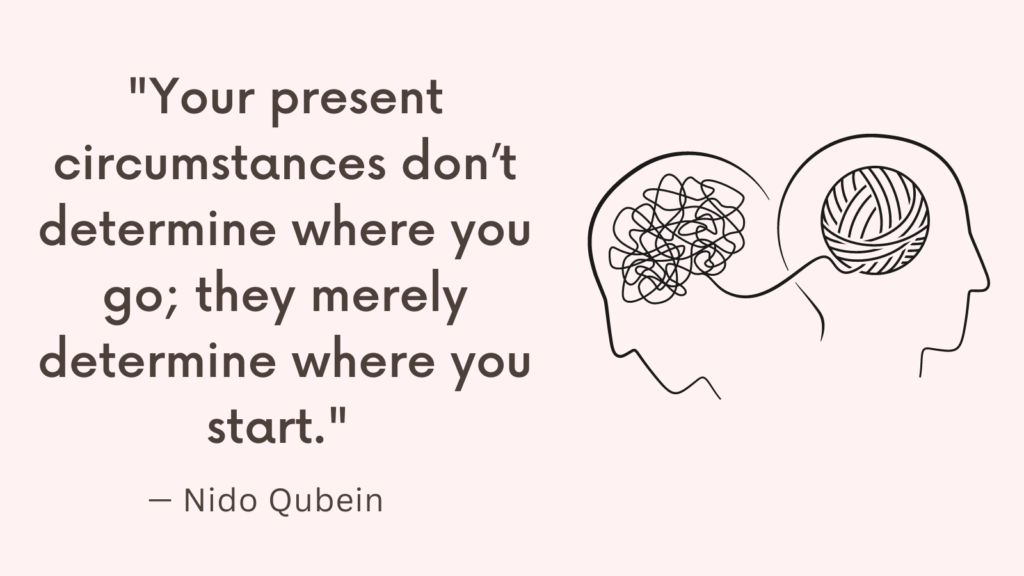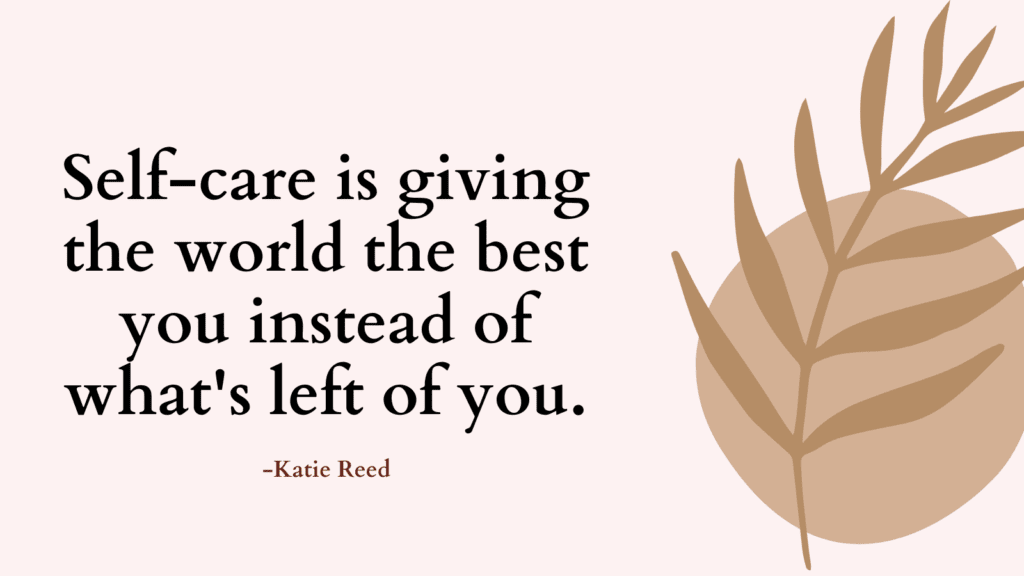This post contains “Am I The Black Sheep Of The Family Quiz.”
Who Is The Black Sheep of The Family?
The black sheep of the family is a term used to refer to a family member who is considered as an outcast or an oddball in comparison to other members.
This person generally behaves, thinks, or believes in certain things that are different from the expectations or norms set by the rest of the family.
In some cases, the black sheep may be seen as a troublemaker, irresponsible, or rebellious by family members, while in others, they may simply march to the beat of their own drum or have different interests and lifestyles.
Being labeled the black sheep can cause emotional distress and feelings of alienation, but it’s important to remember that everyone is entitled to their individuality and should be accepted for who they are.
Related: Top 8 Dysfunctional Family Roles
Am I The Black Sheep Of The Family Quiz
Results
#1. Do you often feel misunderstood or judged by your family members?
#2. Do you find it challenging to connect or relate to your family members on a deep level?
#3. Are you frequently singled out or criticized for your choices, values, or lifestyle?
#4. Do you often feel excluded or left out during family events or gatherings?
#5. Do you have different interests, beliefs, or goals compared to other family members?
#6. Do you experience a lack of emotional support or validation from your family?
#7. Are you frequently blamed or scapegoated for family issues or conflicts?
#8. Do you struggle to communicate effectively or reconcile differences with your family members?
We will not sell your information. All results are kept confidential.
This quiz is for informational purposes only. It is not meant as a diagnostic or assessment tool.
Results
The questions above represent common signs you could be the black sheep of the family. If you answered yes to most of these questions, then you may be the black sheep of the family.
Being labeled as the black sheep is not necessarily a reflection of your personal worth or value.
It’s essential to remember your own worth and focus on building healthy relationships and pursuing personal growth and happiness.
Related: Am I The Scapegoat Child Quiz
How to Cope With Being The Black Sheep of The Family?
Coping with the experience of being the black sheep of the family can be challenging.
Here are some scientific suggestions that may help you navigate this situation:
1. Practice Self-Acceptance
It is important to remember that being different from your family does not make you any less valuable or worthy of love and acceptance.
Start by acknowledging and embracing your unique qualities and interests.
Understand that everyone has their own journey in life, and it’s perfectly okay to deviate from the norm.
Remember that comparison often leads to unhappiness, so focus on your own growth and achievements rather than trying to fit into an idealized mold.
2. Seek Support
One way to seek support is by reaching out to friends who understand and accept you for who you are.
You may also find comfort in joining a support group or seeking therapy.
Surrounding yourself with people who appreciate you can help you build your self-esteem and feel less isolated.
It’s important to remember that you are not alone and that there are others who have gone through similar experiences.
Related: Adult Child Syndrome: 3 Steps To Break Family Cycles
3. Set Boundaries
This means being clear about what you will and won’t tolerate from your family members, and sticking to those boundaries.
For example, you might decide that you’re not going to engage in arguments with your family members about your lifestyle choices or beliefs.
Or you might choose to limit the amount of time you spend with your family if you find that being around them is emotionally exhausting.
You might also decide to be more selective about the information you share with them, in order to protect yourself from judgment or criticism.
Setting boundaries can be difficult, especially if you’re used to putting others’ needs before your own.
But it’s an important step towards taking control of your own life and creating a healthier relationship with your family.
Remember that it’s okay to prioritize your own well-being, and that you deserve to be treated with respect and kindness.
By setting boundaries, you can start to establish a sense of autonomy and self-worth, and build more positive relationships with those around you.
Related: Top 10 Tips For Setting Boundaries With Narcissistic Parents
4. Focus on Self-Care
It is essential to prioritize self-care as a way of coping with this situation. Taking care of yourself physically, mentally, and emotionally can help you stay strong and centered.
You can indulge in activities like reading your favorite book, taking long walks, practicing meditation, or trying out new hobbies.
Remember, taking care of yourself is always worth it, and it leads to a happier and more fulfilling life.
Related: Top 45 Self Care Day Ideas at Home To Kickstart Your Self Care Ritual
5. Practice Assertive Communication
Assertive communication involves expressing your thoughts, feelings, and needs in a respectful and confident manner.
It allows you to stand up for yourself without being aggressive or passive.
When dealing with family members who may not understand or accept you, it’s crucial to express your true self while maintaining respectful boundaries.
For example, if someone makes a hurtful comment about your choices or lifestyle, you could respond by calmly stating how their words affect you and why it’s important for them to respect your decisions.
Remember that assertive communication is not about changing others’ opinions or gaining their approval. It is about expressing yourself authentically and advocating for your own well-being.
Family dynamics can be complicated, and it may take time for others to understand and accept your perspective. It is essential to remain patient and persistent in your communication efforts.
Related: Top 5 Tips On How To Be Assertive Without Being Rude
Conclusion
Being the black sheep of the family can be a challenging and lonely experience. It can feel like you don’t fit in with the rest of your family, and that they don’t understand or accept you.
It is important to focus on self-acceptance and well-being rather than seeking validation solely from your family.
You deserve to live authentically and find happiness beyond familial expectations.







